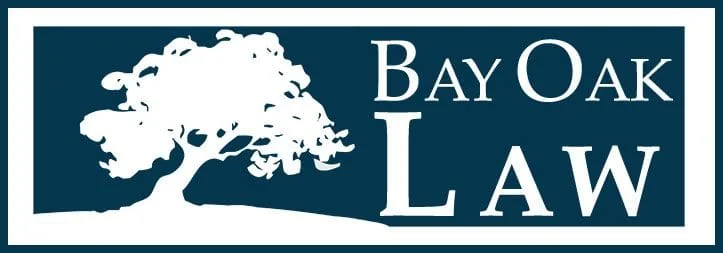- posted: Feb. 20, 2012
- Archive
Nondisclosure Agreements ("NDA") are everywhere: a Silicon Valley Don Juan had an NDA ready for every date. However, NDAs are not created equal -- what is good for the discloser is not good for the recipient. The "Silicon Handshake" can become a hangman's noose for the unwary.
Questions to Ask.
Any potential signer to an NDA needs to answer several questions before signing. Those questions are:
- Whose secrets are being protected? Is the NDA mutual -- does it cover the secrets of both parties? If you are presenting an NDA to protect your trade secrets, you may not want to bind yourself to protecting the other side's secrets. Alternatively, if someone presents you with an NDA, you may want to make sure your own secrets are protected.
- What secrets are being protected? Is everything discussed to be considered confidential? This can be a trap for the unwary. If someone mentions something in passing, you could be foreclosing future opportunities for your company. Do documents have to be marked as confidential to receive protection under the NDA, or does it cover everything that the recipient remembers? How will the recipient know what is protected and what is not? Obviously, no NDA can specifically spell out in advance all the details of what is being disclosed. But an NDA that is too broad could restrict the recipient's future operations. What is good for the discloser is not always good for the recipient.
- Who is covered by the NDA? Does the NDA allow for independent derivation? If your R&D office is, without your knowledge, working on a similar project, has your signature cut off future development of that project? Is there an option for independent development? Have you bound one of your independent partners? Is the protection limited only to those actually signing the NDA?
- How long does the NDA last? Is the NDA to last into perpetuity? Does it carry over into new companies or ventures that a party may enter into? Is there any way of removing oneself from its provisions, such as returning all documents?
- What are the exceptions? Are documents otherwise publicly available covered? Is the recipient released from the duty to protect the documents if they later become publicly available? If the recipient receives the information independently, does the duty to protect end?
- Whose law governs? Jurisdiction and choice of law questions are not excess verbiage designed to keep lawyers employed. They have important consequences, particularly because states often have very different protections. California tends to protect employees' rights to pursue a livelihood more than other states. If a choice is available, an attorney should review the NDA to see what is best for you.
Advantages v. Disadvantages.
Never is the old saw “where you stand depends on where you sit” more true than when considering an NDA. The discloser's motives are radically different from the recipient's: thus, the discloser's NDA should be different than the one you would be willing to sign as a recipient. An NDA covering mutual disclosures should not resemble that of a one-way disclosure. Good preparation should include having three different NDAs -- one for when you disclose documents, one for when you receive documents, and one for mutual disclosure. The mantra to remember is: how does this NDA help me maximize my gains, and minimize my risks?
Strategic Considerations.
NDAs are more than just the latest fashion in attorney make-work, but an integral part of business operations. If someone could use your information to triumph over you, you need an NDA. Alternatively, if you, as the discloser, would not sue someone for using the information being disclosed, an NDA is not necessary. Indeed, by revealing distrust of the other party, it could inhibit the relationship.
A Shield Can Be a Sword. Commonly a shield, NDAs can also be a weapon. An unwary recipient can prevent itself from developing a new line of business that the discloser reveals -- and it can even handcuff those in alliances with the recipient. Sometimes two-layered NDAs are appropriate. The first layer is to someone who acts as a gatekeeper, to decide if the information threatens the recipient or its alliances; the second is for a broader, operational distribution.
Keeping Track of NDAs.
Who keeps track of the NDAs your business signs? Does anyone? If your VP of marketing left tomorrow, who at your company would know what NDAs exist that she may have signed, binding the company? Is there anyone at your company who knows enough to gauge whether the NDA your R&D guy is about to sign conflicts with any other project you have? “Gee, I didn't know . . . “ is usually the prelude to a disaster. With the prevalence of NDAs today, your company needs a firm-wide policy. One person or group should be the gatekeeper of every NDA your company signs. Do not allow your partner -- or potential adversary -- to dictate the progress of the relationship. Impatience in allowing your general counsel to review the NDA before signing can be a warning signal that you may have more to lose than to gain.
No one wants to repeat the well-known mistake one software company made when it refused to sign an NDA with IBM: IBM instead did business with a young company called Microsoft. However, the more common problem is finding the “silicon handshake” transformed into a noose around your neck.



